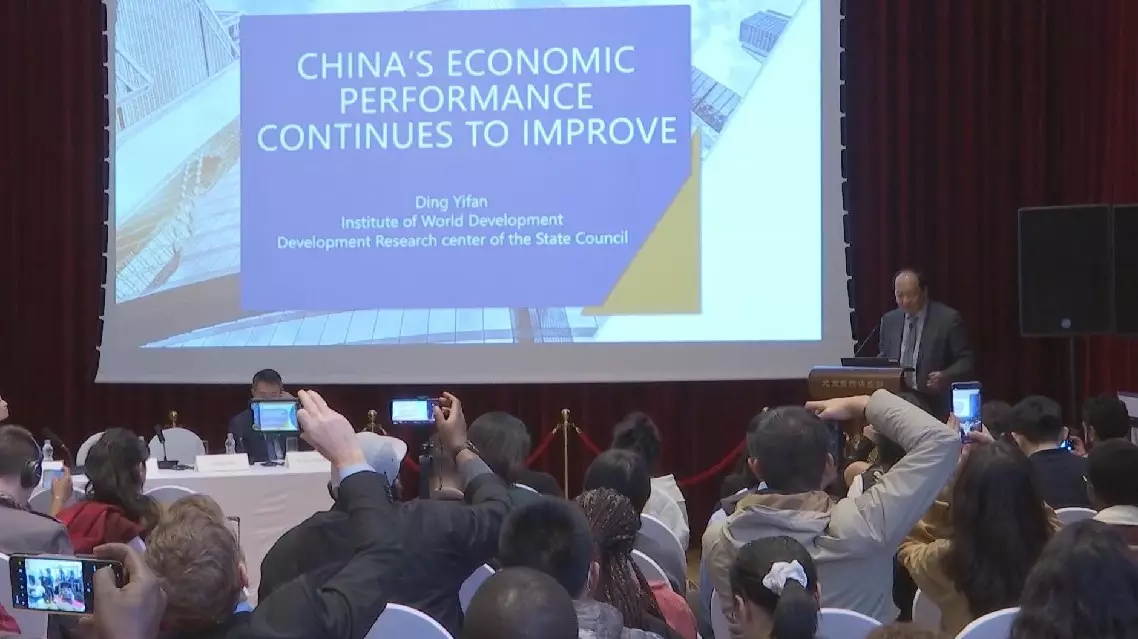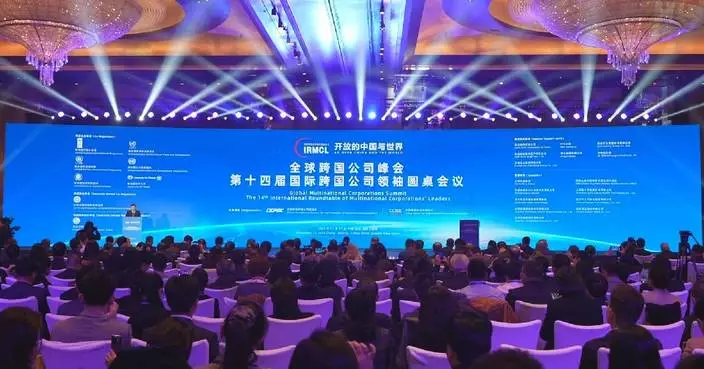China's latest economic data for October seems to suggest reasons for optimism, experts from top policy makers and research institutions pointed out on Monday at a briefing held by the China Public Diplomacy Association in Beijing.
While retail sales and exports are demonstrating robust growth, challenges persist in critical sectors, notably real estate. In response, the government is pursuing a slew of policies, including interest rate cuts and tax reductions, which are already showing positive effects.
The country recently rolled out tax policies on Nov 13 to support the steady and healthy development of the real estate market, a move that analysts believe will maintain stable expectations concerning a pillar industry which underpins the country's economic growth.
Under the new policy, Individuals purchasing their only residential property or a second home, as long as the area does not exceed 140 square meters, will pay deed tax at a rate of 1 percent across the country. For properties with an area exceeding 140 square meters, the deed tax will be levied at a rate of 1.5 percent.
"The central government's current adjustment of real estate policy can be summarized in the following three points. First is to strictly control additional real estate. It means no more new development of new buildings. To revitalize the stock is the second point and it includes two aspects: one is to lower the overall interest rate by reducing mortgage rate so that real estate companies can obtain development loan at lower costs. The aim is to start the selling-buying cycle. It also includes reducing various taxes on first or second properties. It includes canceling purchase restrictions. The third point is to improve the quality of real estate. These three measures have already made an impact on revitalizing the real estate market, as there are already clear signs of recovery," said Dong Shaopeng, advisory council member of the Securities Association of China.
Since late September, China has rolled out a package of incremental policy measures to boost economic growth, which focus on enhancing counter-cyclical adjustments, expanding effective domestic demand, supporting business operations, promoting property market recovery and invigorating capital markets.
The country's real estate market saw an overall increase in market activity, with increased second-hand home transactions and narrowing price decline in October, boosting market confidence and economic outlook.
The 100-City Price Index of China Real Estate Index System showed that since the implementation of a comprehensive policy package at the end of September, the volume of second-hand housing transactions in key cities has significantly rebounded in October.

China's economic outlook sparks optimism as policies address real estate challenges









